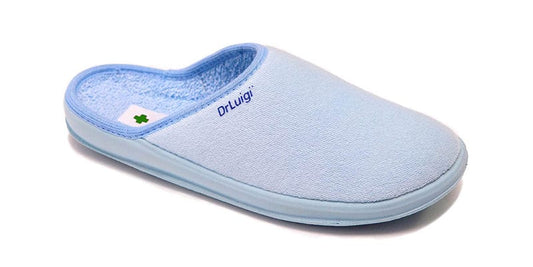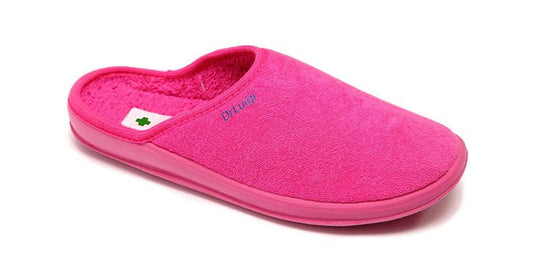Lupus is a chronic autoimmune disease that affects various organs and tissues in the body, often leading to persistent health issues.
Causes
While the exact cause of lupus remains unknown, it's believed to result from a combination of genetic, environmental, and hormonal factors. Lupus is more prevalent in women, particularly during childbearing years. Certain triggers such as sun exposure, specific medications, and infections can potentially activate lupus.
Symptoms
Lupus symptoms can be diverse, often mimicking other diseases. When the brain is affected, lupus can resemble conditions like epilepsy or certain mental disorders.
Lupus can start with a fever that appears suddenly or intermittently, potentially lasting for years. About 90% of people with lupus experience joint inflammation, which can range from moderate to severe, affecting multiple joints. Joint symptoms can precede other symptoms and last for years.
A skin rash is common, often appearing on the face, neck, upper chest, and elbows. Hair loss is common during the active stages of the disease. Other common symptoms include a "butterfly" rash on the cheeks and nose, photosensitivity, discoid lupus (a scaly, raised, coin-shaped rash), ulceration of mucous membranes, arthritis, and kidney disease.
Diagnosis
Diagnosing lupus can be challenging due to its varied symptoms. The diagnosis is based on a combination of symptoms, signs, and blood and urine tests, excluding other diseases.
Treatment
While there is no cure for lupus, medication can help manage symptoms and prevent flare-ups. Treatment typically involves medication, lifestyle adjustments, and self-care. Lifestyle changes such as regular exercise, a balanced diet, and avoiding sunlight can also help manage symptoms.
Maintaining a healthy diet with low-fat content and high antioxidants can be beneficial. Some recommended foods for systemic lupus include tomatoes, peppers, spinach, and fish.
Lupus has an unpredictable course, making the prognosis quite variable. However, it's important to note that proper foot care can play a significant role in managing lupus symptoms. Wearing lightweight, flexible medical footwear like DrLuigi orthopedic shoes can provide great comfort and act as an ideal preventative tool for individuals dealing with lupus. These shoes can help reduce pressure on the feet and improve circulation, contributing to overall well-being.





